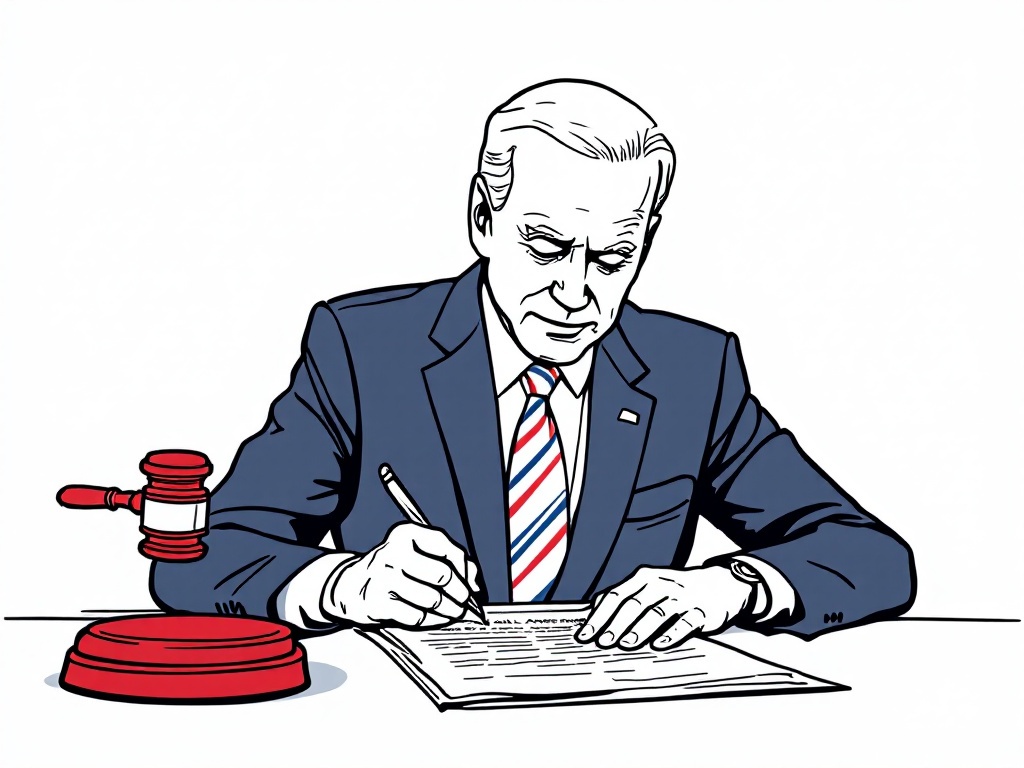Biden Declares Equal Rights Amendment as Ratified, Sparking Legal Debates

Washington, D.C., Friday, 17 January 2025.
President Joe Biden’s declaration of the Equal Rights Amendment as ‘the law of the land’ ignites debates over its constitutionality, with unresolved certification challenges and potential legal hurdles ahead.
Historic Declaration Amid Constitutional Uncertainty
In a pivotal announcement on January 16, 2025, President Joe Biden declared the Equal Rights Amendment (ERA) as ‘the law of the land,’ marking what could be a historic milestone in American constitutional law [1][2]. This declaration comes after Virginia became the 38th state to ratify the amendment in 2020 [1][3], reaching the three-quarters state threshold required for constitutional amendments [3]. However, Biden’s announcement represents an opinion rather than an executive action [1], leaving significant questions about its legal standing.
Legal Challenges and Certification Hurdles
The path to official recognition faces substantial obstacles. National Archivist Dr. Colleen Shogan has stated that the amendment ‘cannot be certified as part of the Constitution due to established legal, judicial, and procedural decisions’ [1][2]. Critical challenges include the expired ratification deadline from 1982 and the fact that five states have rescinded their approval [1]. The American Bar Association has supported Biden’s position, noting that the ERA’s text contains no time limit [1], but legal experts remain divided on the validity of state rescissions and deadline extensions.
Political Implications and Democratic Support
Senator Kirsten Gillibrand has emerged as a key advocate, arguing for the ERA’s certification as a means to ‘codify women’s freedom and equality’ [1]. The timing of Biden’s announcement, just days before his term ends on January 20, 2025 [3], adds complexity to the situation. Democratic lawmakers are planning a rally at the National Archives on January 17, 2025 [3], demonstrating continued political pressure for recognition of the amendment’s ratification.
Uncertain Future and Transition Tensions
The ERA’s fate remains uncertain as Biden’s presidency draws to a close. With the presidential transition approaching, there are concerns that these final-hour moves could face reversal under the incoming administration [1]. Legal experts, including Martha Davis, acknowledge that while Biden’s declaration ‘moves the ball,’ it ‘doesn’t end the controversy’ [2]. The ERA Coalition has expressed frustration with the timing, with President Zakiya Thomas stating, ‘I wish he had acted when he first got into office’ [2].